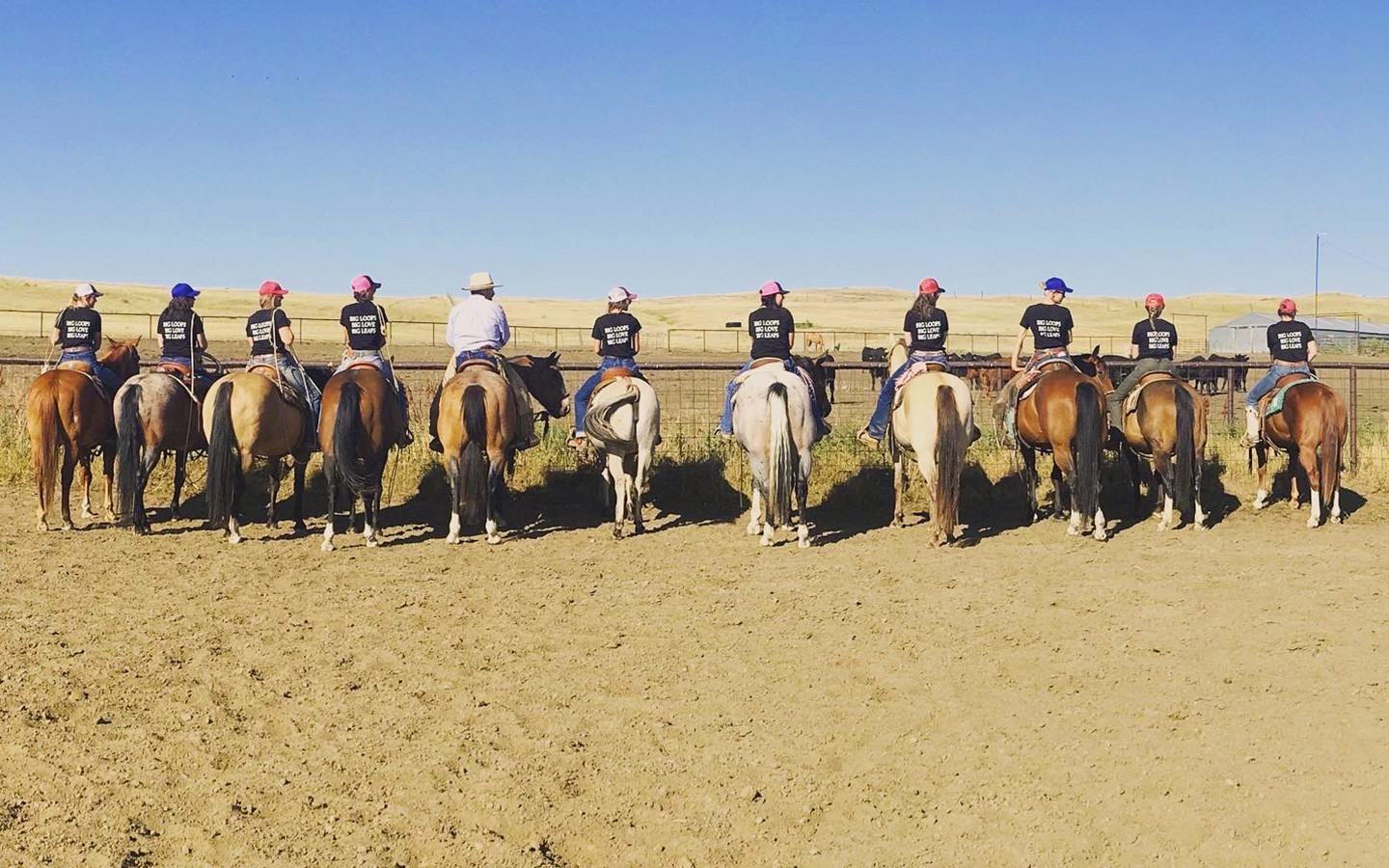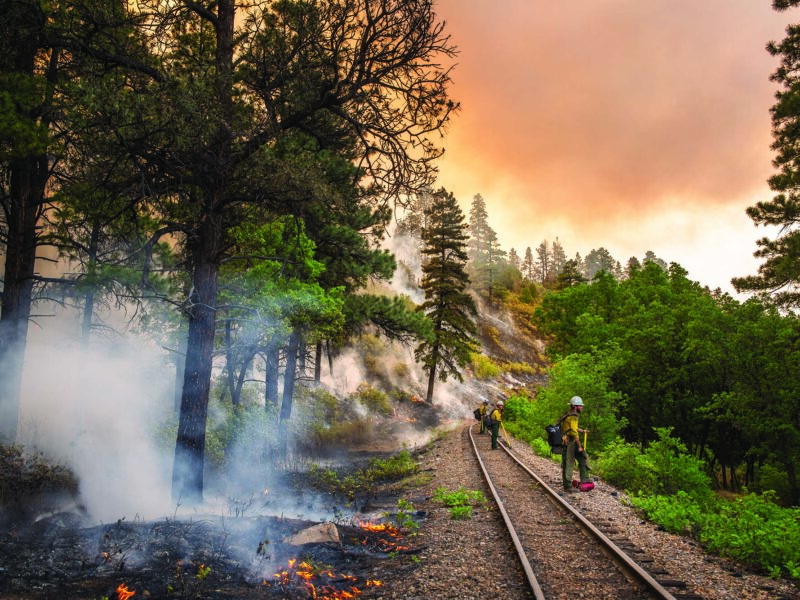Designing women’s-specific training from the ground up
Part 1 of an interview with Liz Barbour of Cinch Buckle Ranch
Amber: What inspired you to develop an educational program to help support women learning traditional ranching skills?
Liz: What inspired me… I’d say wanting to be taught myself in collaboration with women who have the same interests. I don’t think the environment presents this to women in the same way it does to men. Men just have more opportunity available, particularly at this stage in life that many of us are mothers, wives, business women, etc. To host an event where all of us women are the focus, was so important to me. I believe it is worth making space for these types of gatherings and to create opportunities for other women. One of my more experienced neighbors told me, “Liz, when I was your age women just weren’t allowed to be out there roping. Sure, I could time my husband and his friends and keep track of the scores up in the box, but no way did I have the opportunity to be out there swinging the rope myself.” I want to change that paradigm. This summer at our branding, a neighbor who has helped us countless times said, “Thanks to you and Drew for letting me rope, I really appreciate having the opportunity.” She shouldn’t have to thank me for being given the space to rope, that should just be the normal.
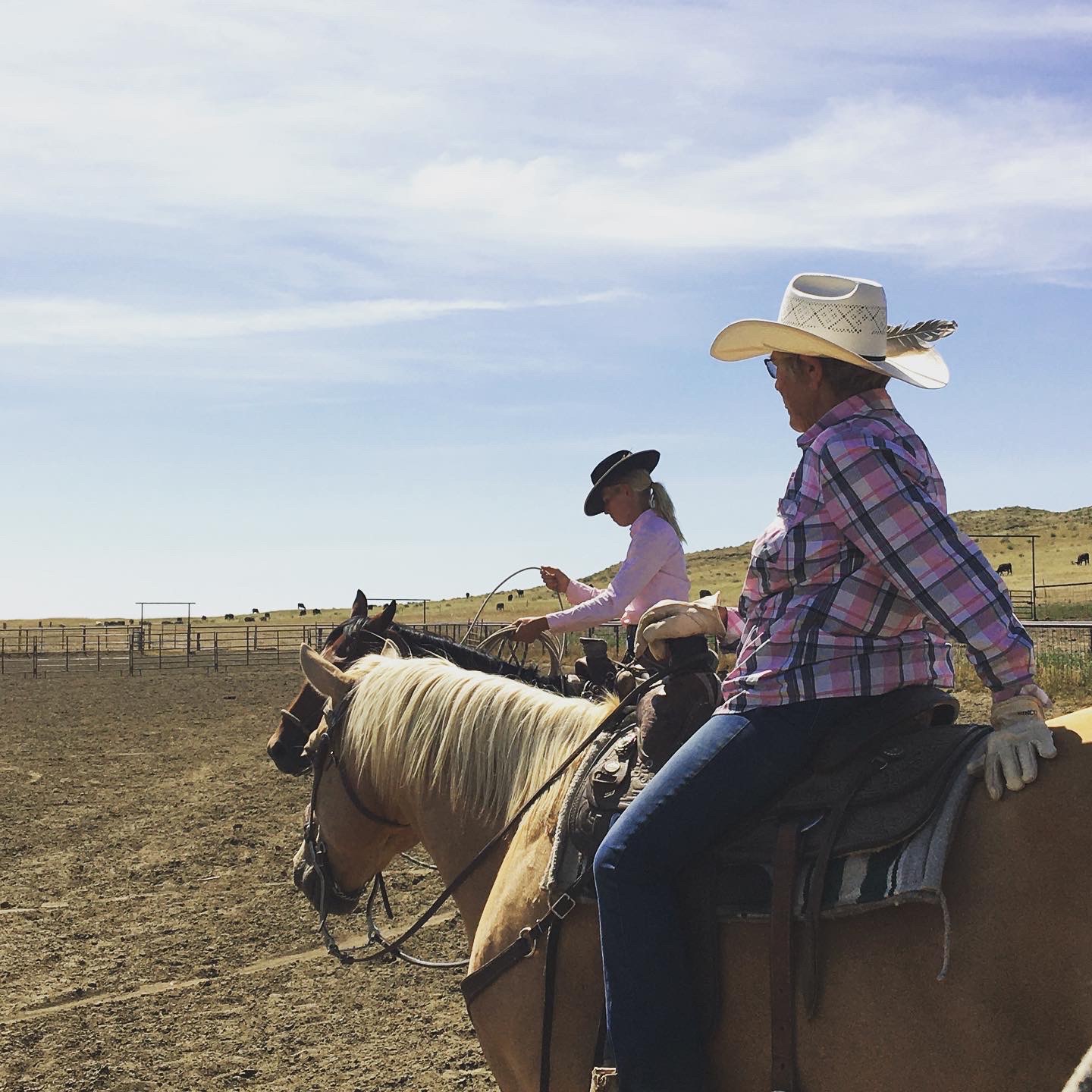
Amber: What challenges did you encounter during the creating process?
Liz: My biggest challenge was trying to decide if I should encourage women to bring their children to the event. I wanted women to get to come here and learn without the other added pressures of finding a sitter. Plus, I wanted my children involved and for them to be part of the community and to see the cool stuff their Mama was doing! Family is a big and important value to me, I wanted the kids to feel included. Another big question for me was whether or not to participate, or just to focus on my role as the hostess. I have a strong desire to keep learning and developing myself and I believed the women who were participating would appreciate that sentiment too. I had to step away from the “fulfill your role” question of, “Can I play both roles, be hostess and participant?” My realization was that women constantly struggle with this, can they be mothers and cowgirls, cooks and hired hands, business owners and housekeepers, etc. So I had to tell myself to just do it and quit worrying about my internal perception of what role I was or was not allowed to play. In the end, I had to make the determination for myself and most aligned with my values.
Amber: As a steward of the Cinch Buckle Ranch, whose support did you need to make this possible?
Liz: I am so thankful that the many people who participate with this ranch are aligned behind similar values. Our landowner supports and encourages learning, community development and relationship building, I feel grateful for this everyday. And the organization which leases the ranch and for whom we work, are well-aligned with these values also. They are two separate entities but they both support and encourage my growth and the vision of my family. We had ranch neighbors who let us borrow equipment to drag our arena, a long-time friend from Miles City lent us the roping cattle, a local ranch girl spent the entire weekend babysitting, and my husband worked the arena and set up all of the panels. It truly took a whole crew to support this, get behind it and believe in what I was creating!
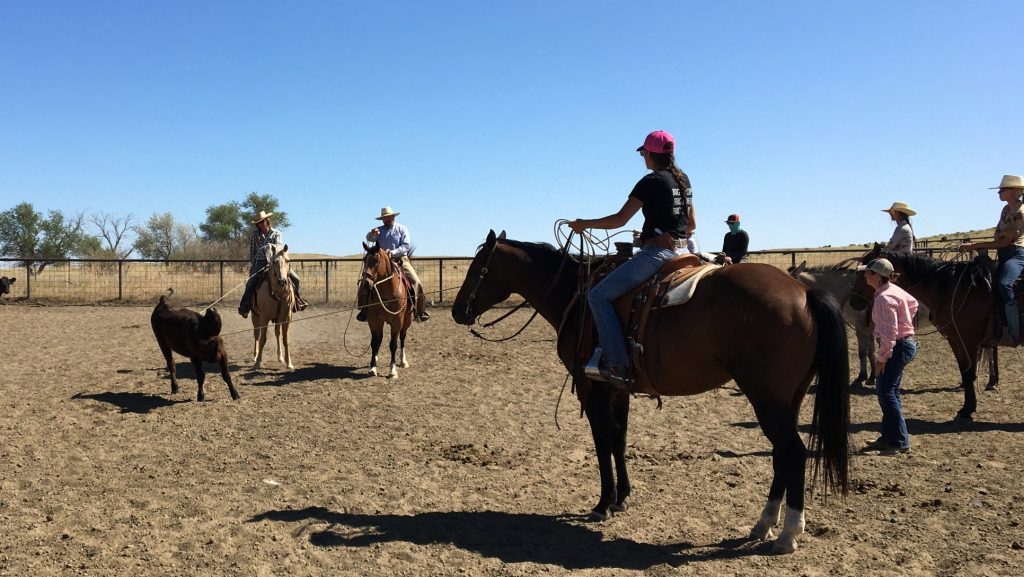
Amber: How did you find an educator in your region with the appropriate skills?
Liz: Oh, this is a great question! Anytime I am in Billings, MT, I make sure to stop at https://buckaroobusinesses.com/. The shop manager always helps me and represents the best in great treatment of what some might see as a novice customer. At Buckaroo Business, I feel like they want to pass on the tradition to me and they’ve never made me feel like an idiot for my many questions: Can you build me a bosal? How do I tie a mecate? My new saddle doesn’t fit my horse, who can help?, etc. Because of the wonderful treatment I received at the store, I asked the manager for advice on who to contact about facilitating and teaching a women’s ranch roping clinic. Scott and Staci, the business owners, were quick to support my vision and were great to work with. I chose to work with Buckaroo Business because of how they choose to treat customers. It was all based on those relationships.
Amber: If someone reads this and wants to develop an educational program for women in her region, what advice would you offer?
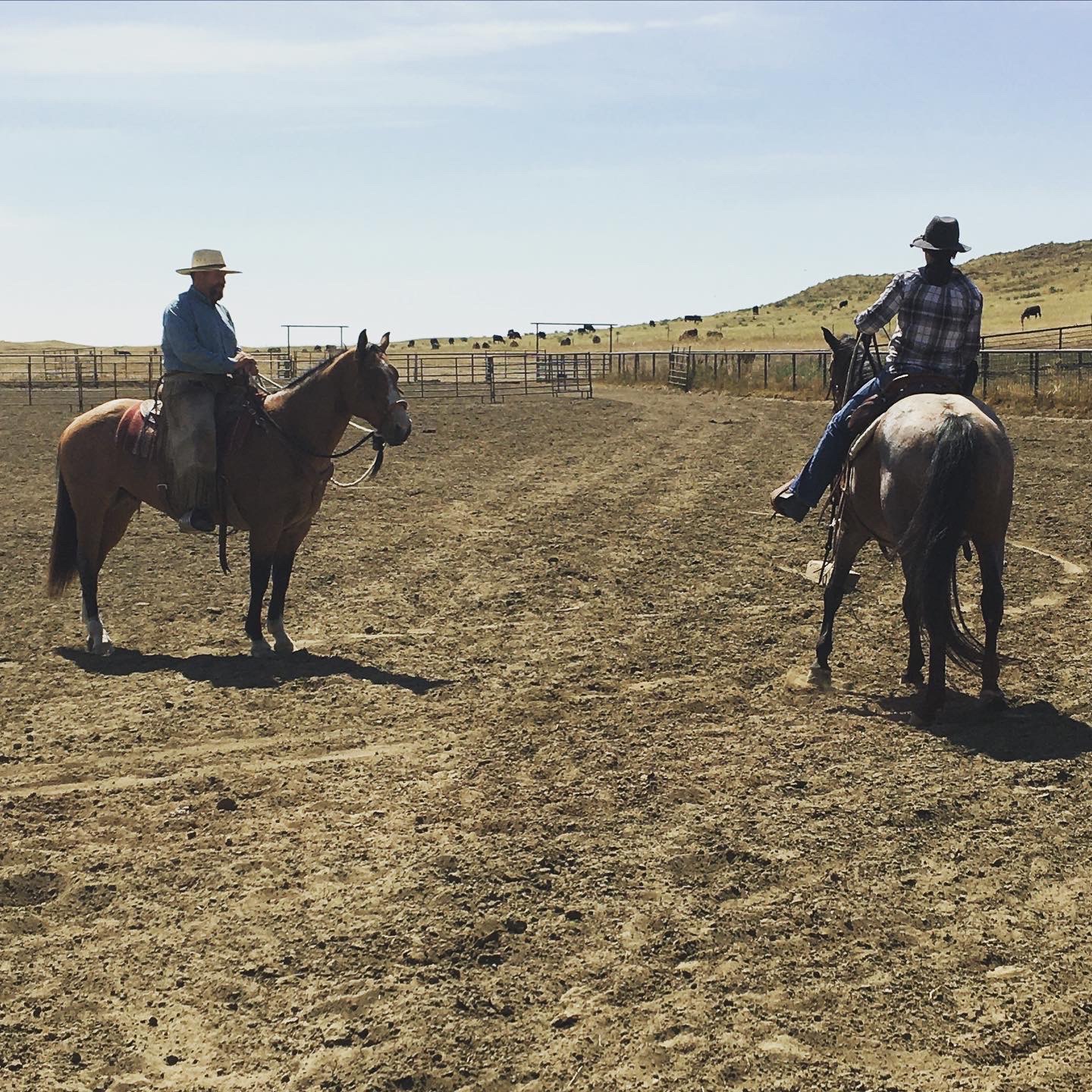
Liz: You know, we women are really good at second guessing ourselves. My biggest worry was, “Will anyone come?” And here’s the thing, it is about so much more than building skills, it is about building relationships along the journey. You know, discussing our fears and what holds us back, it is in those small moments where we don’t think anyone is learning, there are bigger forces at play, you are building a community. The skill building is really the surface level of the event, there is a lot of depth that comes. You can create the event, but you can’t control the good stuff. If you really want to do this, find people who support your vision and just go for it!
The Women in Ranching program is here to help and we are committed to supporting skill building opportunities for women by contributing small grants. If you are developing something special for women in your region and need a little financial or communication support, please reach out to amber@westernlandowners.org!


